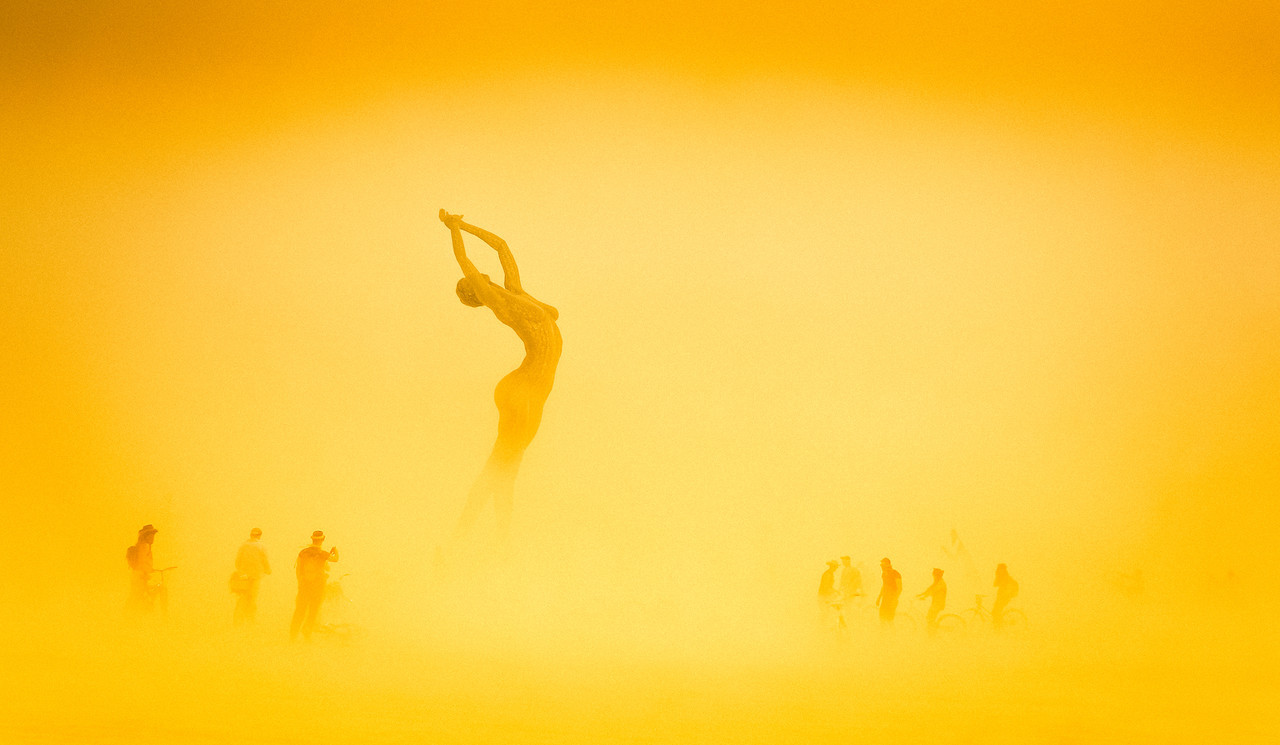BREAKING NEWS
LATEST POSTS
-
-
-
Union appeals to VFX employers to improve working conditions
https://www.bectu.org.uk/news/2095 A recent survey amongst VFX staff found high levels of dissatisfaction amongst this skilled group over working hours, workloads and work/life balance. Responding to the survey: 77 per cent of people knew someone who had recently left the industry over workloads, overtime and poor working conditions;81 per cent of people had felt pressured or bullied into working overtime for free on films;83 per cent of people said it was difficult, or very difficult, to raise a family whilst working in VFX What does the Charter call for? All overtime to be voluntaryAll overtime to be paidWorking Time Regulation opt-outs to be handled responsiblyRespect for caring responsibilitiesStatutory rights to daily rest to be met (eg 11 hour break between turns of duty)Statutory rights to weekly rest to be met (eg no to working on 12 consecutive days)Better care for night workersRespect for the rights of trade union members.
FEATURED POSTS
-
A question of ethics – What CG simulation and deepfakes means for the future of performance
www.ibc.org/create-and-produce/re-animators-night-of-the-living-avatars/5504.article
“When your performance is captured as data it can be manipulated, reworked or sampled, much like the music industry samples vocals and beats. If we can do that then where does the intellectual property lie? Who owns authorship of the performance? Where are the boundaries?”
“Tracking use of an original data captured performance is tricky given that any character or creature you can imagine can be animated using the artist’s work as a base.”
“Conventionally, when an actor contracts with a studio they will assign rights to their performance in that production to the studio. Typically, that would also licence the producer to use the actor’s likeness in related uses, such as marketing materials, or video games.
Similarly, a digital avatar will be owned by the commissioners of the work who will buy out the actor’s performance for that role and ultimately own the IP.
However, in UK law there is no such thing as an ‘image right’ or ‘personality right’ because there is no legal process in the UK which protects the Intellectual Property Rights that identify an image or personality.
The only way in which a pure image right can be protected in the UK is under the Law of Passing-Off.”
“Whether a certain project is ethical or not depends mainly on the purpose of using the ‘face’ of the dead actor,” “Legally, when an actor dies, the rights of their [image/name/brand] are controlled through their estate, which is often managed by family members. This can mean that different people have contradictory ideas about what is and what isn’t appropriate.”
“The advance of performance capture and VFX techniques can be liberating for much of the acting community. In theory, they would be cast on talent alone, rather than defined by how they look.”
“The question is whether that is ethically right.”





